|
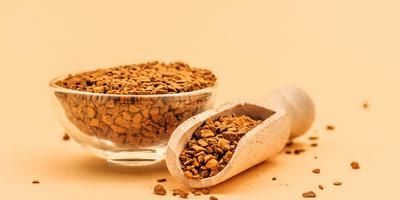 People have different opinions about coffee. One thinks that it is as important as bread. They even came up with a saying: "Anyone who drinks coffee in the morning does not get tired all day!" Others are more cautious. People have different opinions about coffee. One thinks that it is as important as bread. They even came up with a saying: "Anyone who drinks coffee in the morning does not get tired all day!" Others are more cautious.
|
|
|
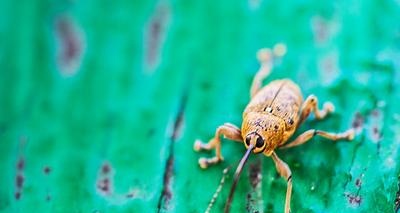 In the spring, among the strong green shoots, stunted plants with reddish leaves, weak drooping buds, covered with a gray down are often striking. This is a dangerous disease - gray rot (botrytis). In the spring, among the strong green shoots, stunted plants with reddish leaves, weak drooping buds, covered with a gray down are often striking. This is a dangerous disease - gray rot (botrytis).
|
|
|
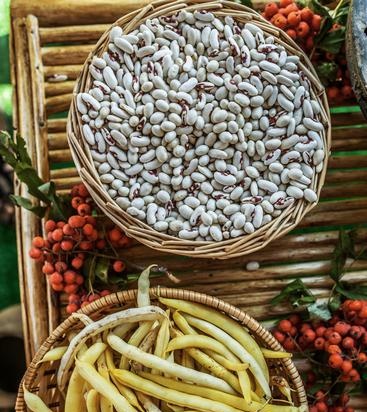 The power of the ancient civilizations of America rested on three whales - corn, pumpkin and beans. Beans were revered above all. It was she who filled the mouths of the dead - mummies in Peruvian tombs. The power of the ancient civilizations of America rested on three whales - corn, pumpkin and beans. Beans were revered above all. It was she who filled the mouths of the dead - mummies in Peruvian tombs.
|
|
|
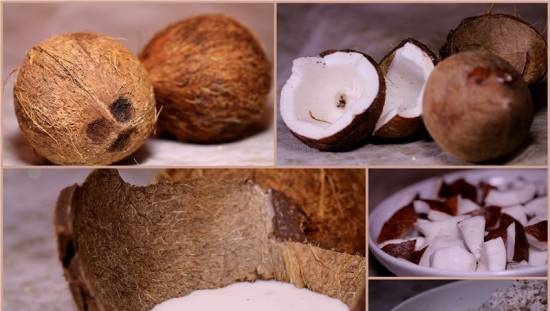 Russian agronomist I. Klingen sailed around South Asia. He studied how a tea bush grows. The warm sea sparkled. A refreshing breeze was blowing. Silhouettes of coconut trees stretched endlessly along the horizon, identifying the tropics. Russian agronomist I. Klingen sailed around South Asia. He studied how a tea bush grows. The warm sea sparkled. A refreshing breeze was blowing. Silhouettes of coconut trees stretched endlessly along the horizon, identifying the tropics.
|
|
|
 The ancient inhabitants of Hellas had a funny custom. Pour vegetable oil on the guests' heads. And the guest was not offended. On the contrary, he was very flattered. The more poured, the better I felt (the more you pour, the more you respect!). At solemn ceremonies, the heads were anointed with oil to the most honored guests. And even kings. The ancient inhabitants of Hellas had a funny custom. Pour vegetable oil on the guests' heads. And the guest was not offended. On the contrary, he was very flattered. The more poured, the better I felt (the more you pour, the more you respect!). At solemn ceremonies, the heads were anointed with oil to the most honored guests. And even kings.
|
|
|
 Indians have long believed in almonds. Not that they were really chasing his nutrition. They are attracted to the other side. It is believed that the almond kernel carries the secret of unfading youth, saves from diseases, and the most unpleasant ones. Indians have long believed in almonds. Not that they were really chasing his nutrition. They are attracted to the other side. It is believed that the almond kernel carries the secret of unfading youth, saves from diseases, and the most unpleasant ones.
|
|
|
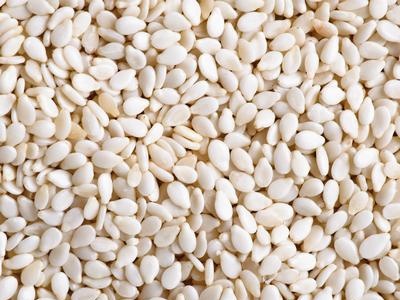 Academician N. Vavilov, studying plants of Central Asia at the beginning of the century, visited several cities. They were all different, but in every city one could see the same picture. Academician N. Vavilov, studying plants of Central Asia at the beginning of the century, visited several cities. They were all different, but in every city one could see the same picture.
|
|
|
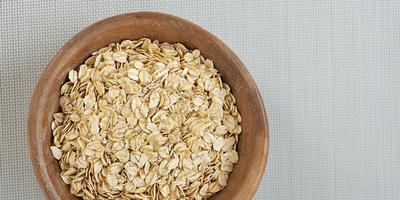 The ancients were not fond of oats. Among the most ancient - the Egyptians and Indians - he was not even listed in the lexicon. It seems that the Romans spoke of him for the first time. Approximately two centuries BC. They scolded in every way. The ancients were not fond of oats. Among the most ancient - the Egyptians and Indians - he was not even listed in the lexicon. It seems that the Romans spoke of him for the first time. Approximately two centuries BC. They scolded in every way.
|
|
|
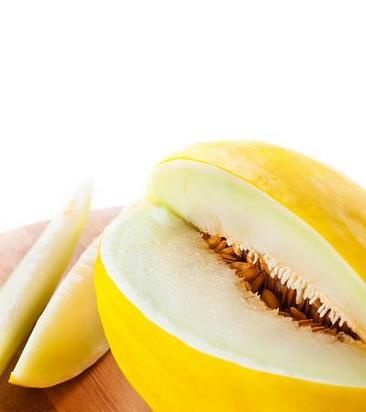 The real kingdom of melons is our Central Asia. Going to work, locals from time immemorial put a melon on their shoulder - a standard breakfast. With wheat flatbread, churek, and hearty and tasty. The real kingdom of melons is our Central Asia. Going to work, locals from time immemorial put a melon on their shoulder - a standard breakfast. With wheat flatbread, churek, and hearty and tasty.
|
|
|
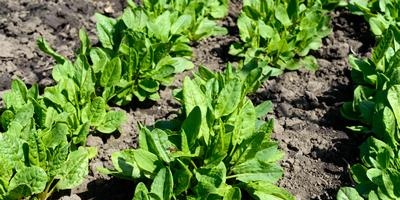 So, you are citizens. And spend most of the year in the city without a break: home, work, public transport, queues in shops ... And nervous stress, and fatigue ... So, you are citizens. And spend most of the year in the city without a break: home, work, public transport, queues in shops ... And nervous stress, and fatigue ...
|
|
|
 Chamomile is planted from mid to late spring in a well-lit area. Chamomile is planted from mid to late spring in a well-lit area.
|
|
|
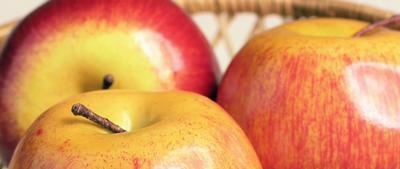 Antonovka is one of the favorite Russian apples. There are faceted fruits, there are glassy ones, almost like Kandil. Their sunny side seemed to be tanned to a dull yellowish color. Antonovka is one of the favorite Russian apples. There are faceted fruits, there are glassy ones, almost like Kandil. Their sunny side seemed to be tanned to a dull yellowish color.
|
|
|
 When winter comes, red apples of incredible size begin to appear in Siberian cities. Ten centimeters across. You can't eat one at once! When winter comes, red apples of incredible size begin to appear in Siberian cities. Ten centimeters across. You can't eat one at once!
|
|
|
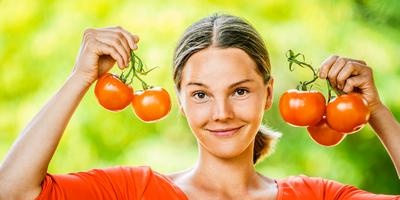 Tomatoes are thermophilic plants, therefore, it is possible to grow in central Russia in a greenhouse. To get a harvest, you need to get acquainted with the cultivation technology. Tomatoes are thermophilic plants, therefore, it is possible to grow in central Russia in a greenhouse. To get a harvest, you need to get acquainted with the cultivation technology.
|
|
|
 The modern pace and rhythm that life dictates is so impetuous that everyone needs a place that can bring psychological comfort. One of these places can be a garden laid out in a summer cottage or a personal plot. The modern pace and rhythm that life dictates is so impetuous that everyone needs a place that can bring psychological comfort. One of these places can be a garden laid out in a summer cottage or a personal plot.
|
|
|
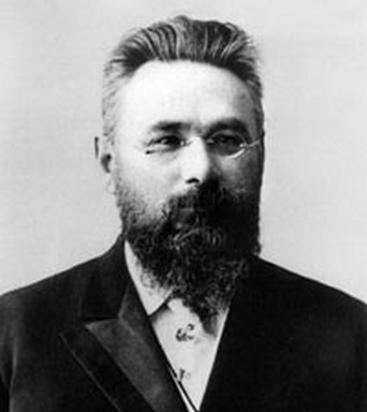 Nature has divided fruits between people.Central Russia got an apple, a cherry; the island of Sri Lanka - pineapples, Africa - oranges, Indonesia - delicious durian ... Nature has divided fruits between people.Central Russia got an apple, a cherry; the island of Sri Lanka - pineapples, Africa - oranges, Indonesia - delicious durian ...
|
|
|
 From the time of Tsar Alexei Mikhailovich to the present day, melon growers have been tormented by one unresolved question: how to make watermelons transportable? How to transport them without loss? Tsar Alexei Mikhailovich was a great sweet tooth. From the time of Tsar Alexei Mikhailovich to the present day, melon growers have been tormented by one unresolved question: how to make watermelons transportable? How to transport them without loss? Tsar Alexei Mikhailovich was a great sweet tooth.
|
|
|
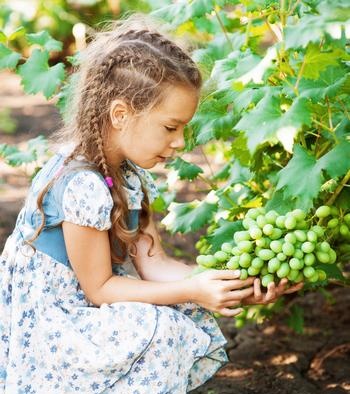 The origins of the grape tragedy must be sought in the New World. Europeans conquering America faced wild grapes from the very first steps on the new land. He entangled the trees with a thick net, prevented him from going forward, tempting with berries, large, "like a musket bullet." The origins of the grape tragedy must be sought in the New World. Europeans conquering America faced wild grapes from the very first steps on the new land. He entangled the trees with a thick net, prevented him from going forward, tempting with berries, large, "like a musket bullet."
|
|
|
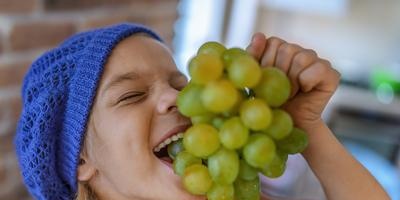 Grapes and humans have long been at odds. The first tried to reach up to the sky. The second stopped this desire, did not allow to rise too high. Cut off the shoots rushing to the sun. Both had good reasons for this discrepancy. Grapes and humans have long been at odds. The first tried to reach up to the sky. The second stopped this desire, did not allow to rise too high. Cut off the shoots rushing to the sun. Both had good reasons for this discrepancy.
|
|
|
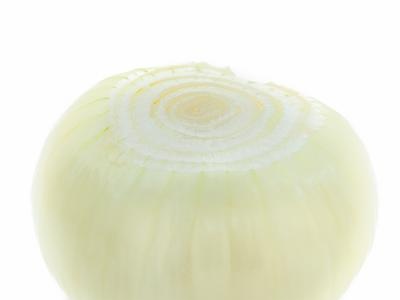 Perhaps, nowhere in old Russia were they fond of onions as much as in the Village of Kichanzino near Arzamas. They took care of them out of need. There was too little land. If you sow bread, you will not live. Onions gave more income. Perhaps, nowhere in old Russia were they fond of onions as much as in the Village of Kichanzino near Arzamas. They took care of them out of need. There was too little land. If you sow bread, you will not live. Onions gave more income.
|
|
|
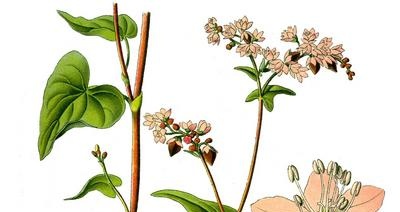 Ever since man began to rule the earth, his life is connected with his daily bread. The basis of bread is starch - and wheat, and millet, and rye, and rice, and buckwheat. Ever since man began to rule the earth, his life is connected with his daily bread. The basis of bread is starch - and wheat, and millet, and rye, and rice, and buckwheat.
|
|
|
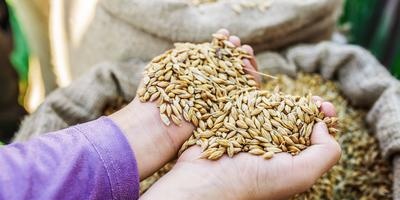 You can accelerate the emergence of seedlings by soaking the seeds in water, and even better in solutions of trace elements, which can be purchased at the pharmacy. You can accelerate the emergence of seedlings by soaking the seeds in water, and even better in solutions of trace elements, which can be purchased at the pharmacy.
|
|
|
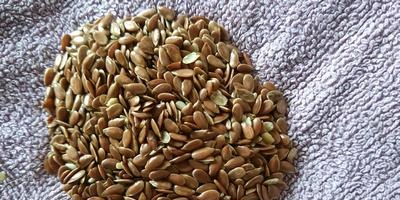 When the world got acquainted with synthetic fabrics, many began to think that old natural ones would leave the stage. They will not stand up to competition with new ones. New fabrics are more durable. Do not crumple. Does not deteriorate so much from washing. When the world got acquainted with synthetic fabrics, many began to think that old natural ones would leave the stage. They will not stand up to competition with new ones. New fabrics are more durable. Do not crumple. Does not deteriorate so much from washing.
|
|
|
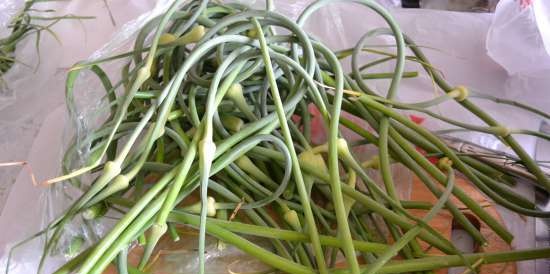 Garlic divided people into two camps. Some adore him, others hate him. Those who despise and do not take into their mouths, nevertheless, without knowing it, use his favors. Garlic divided people into two camps. Some adore him, others hate him. Those who despise and do not take into their mouths, nevertheless, without knowing it, use his favors.
|
|
|
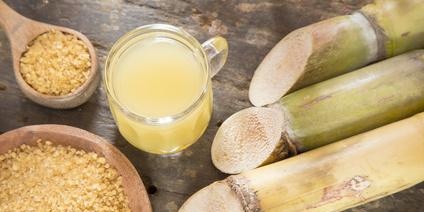 How to imagine sorghum? As easy as pie. Take the usual brooms that come from the south. This is broom sorghum. Turn the broom upside down - that's how it grows, only it can be much higher. How to imagine sorghum? As easy as pie. Take the usual brooms that come from the south. This is broom sorghum. Turn the broom upside down - that's how it grows, only it can be much higher.
|
|
|
 It is difficult to find a plant whose path to our table would be more thorny than that of tea. More than three hundred years ago, when the Moscow envoy V. Starkov was returning from Mongolia, the local khan presented him with a gift for the king - four pounds of tea. It is difficult to find a plant whose path to our table would be more thorny than that of tea. More than three hundred years ago, when the Moscow envoy V. Starkov was returning from Mongolia, the local khan presented him with a gift for the king - four pounds of tea.
|
|
|
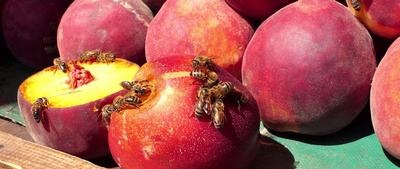 The life of a peach is short. Compare: an olive tree lives two thousand years, an apple tree lives two hundred, and a peach only fifteen! Gardeners use his gifts even less. The life of a peach is short. Compare: an olive tree lives two thousand years, an apple tree lives two hundred, and a peach only fifteen! Gardeners use his gifts even less.
|
|
|
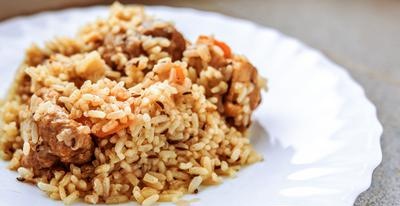 Perhaps no other grain culture has brought people as much grief and suffering as rice. A hundred years ago, monarchs issued decrees prohibiting the sowing of rice. Cities and villages were fenced off from the ill-fated plantations, like from the plague, by kilometer-long sanitary barriers. Perhaps no other grain culture has brought people as much grief and suffering as rice. A hundred years ago, monarchs issued decrees prohibiting the sowing of rice. Cities and villages were fenced off from the ill-fated plantations, like from the plague, by kilometer-long sanitary barriers.
|
|
|
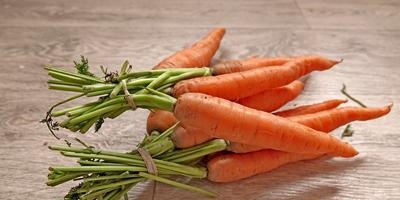 At the very beginning of the last century, St. Petersburg citizens were extremely surprised by the changes in the vegetable assortment. It was about carrots. Residents of the capital are accustomed to buying short, round carotels at the market. At the very beginning of the last century, St. Petersburg citizens were extremely surprised by the changes in the vegetable assortment. It was about carrots. Residents of the capital are accustomed to buying short, round carotels at the market.
|
|
|